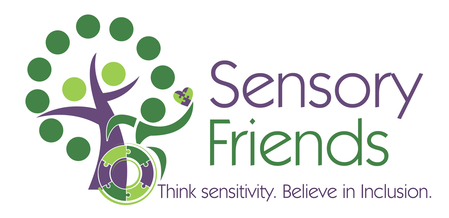In the world of behavior, these are on the list of things headlined under “Do Not Do This!” They provide Richie the attention he wanted all along and reinforces the bad behavior. I know this, but I’m human and make many mistakes with my parenting. So, when I make these mistakes, I dust myself off, take a deep breath and remind myself that tomorrow is another day for me to get this right.
1. Review or Develop a Positive Behavior Support Plan
2. Narrate Situations and Expectations
3. Reinforce Good Behavior
4. Get Ahead of the Behavior
5. Promote Appropriate Communication
Once I figure out what Richie is trying to communicate, I try to get him to say the word by repeating me. Instead of asking Richie to "look at me," I get his attention by tapping my chin so he can see my lips mouth and pronounce the word(s) he can repeat. This is much more effective than constantly annoying him with "Richie, look at me!"
Challenging behavior results from one or more of
four possible reasons:
Attention – your child wants your attention or to be acknowledged.
Sensory – your child is struggling with an emotion, pain, or other sensory issues (need for tactile input, etc.).
Escape/Avoidance – your child wants out of a specific setting, activity, or task, etc.
Good luck to you friend, and please feel free to share any successful tips mentioned here or not that have worked for you and your family at home.





 RSS Feed
RSS Feed